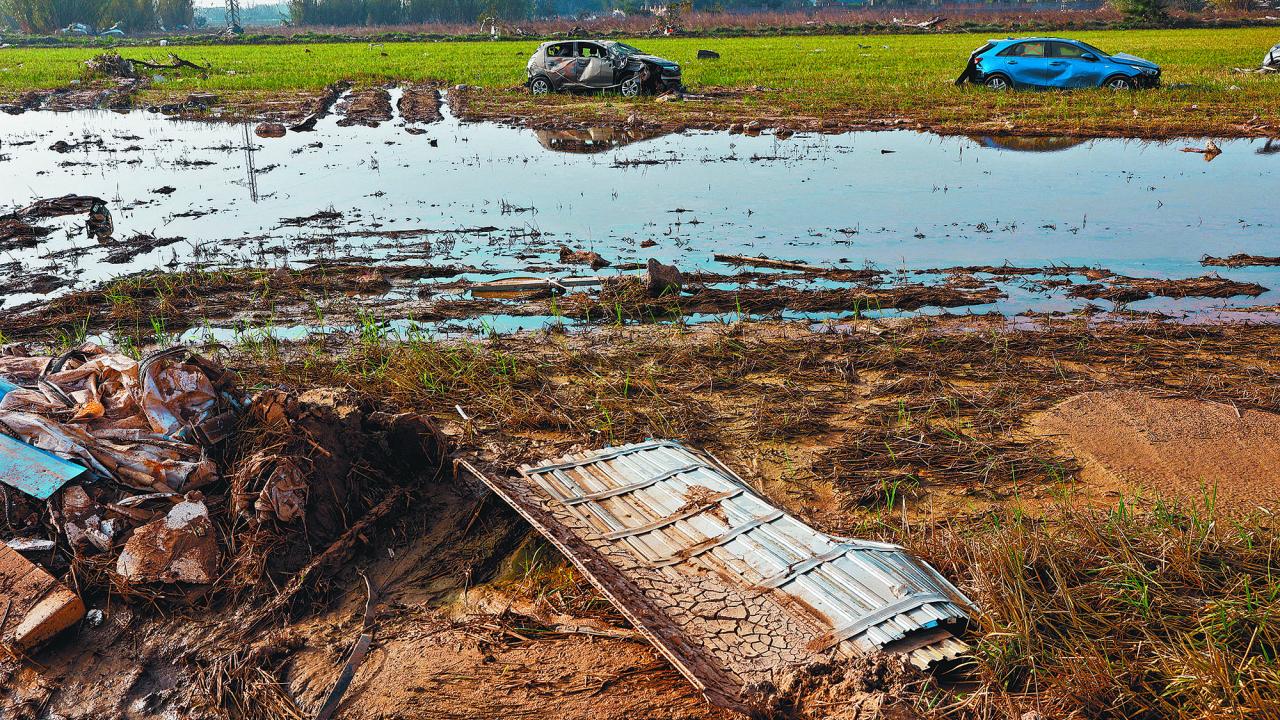
Reinsurer Swiss Re said the figure was 6% higher than in 2023.
In a year that will be declared the hottest on record, natural disasters will cause economic losses of US$310 billion globally by 2024, as climate change becomes increasingly important, Swiss Re warned yesterday.
Estimated economic losses from natural disasters were 6% higher than in 2023, which is currently the hottest year on record, the reinsurance giant said in a statement.
Of the total, insured losses rose 17% year-on-year to $135 billion, with devastating hurricanes Helene and Milton in the United States and intense flooding in Europe driving up costs, it said.
It is the fifth consecutive year that insured losses have exceeded $100 billion, the Swiss company said.
“Much of this growing loss burden is a result of the concentration of value in urban areas, economic growth and rising reconstruction costs,” Balz Grollimund, head of catastrophe and risk at Swiss Re, said in the statement.
Swiss Re, which acts as an insurer for insurance companies, highlighted the impact of climate change, with the year on track to be declared the hottest on record.
Just this week, China, the world's top emitter of greenhouse gases that scientists say are driving climate change, reported its warmest autumn on record.
HEAVY FLOODING
Global warming may cause extreme weather events to become more frequent and intense, not only because of higher temperatures but also because of the knock-on effect of additional heat in the atmosphere and seas.
“By fostering the conditions that led to many of this year’s catastrophes, climate change is also playing an increasingly important role,” Grollimund said.
The European Union's Copernicus climate monitor said last month that temperatures in 2024 would likely be more than 1.55 degrees Celsius higher than the average for 1850-1900, the period before fossil fuels were burned on an industrial scale.
This does not amount to a violation of the Paris climate agreements, which seek to limit global warming to less than 2°C and preferably 1.5°C, because that is measured in decades and not individual years.
But scientists say the safer limit of 1.5°C is rapidly slipping out of reach, while stressing that every tenth of a degree of temperature rise heralds progressively more damaging impacts.










